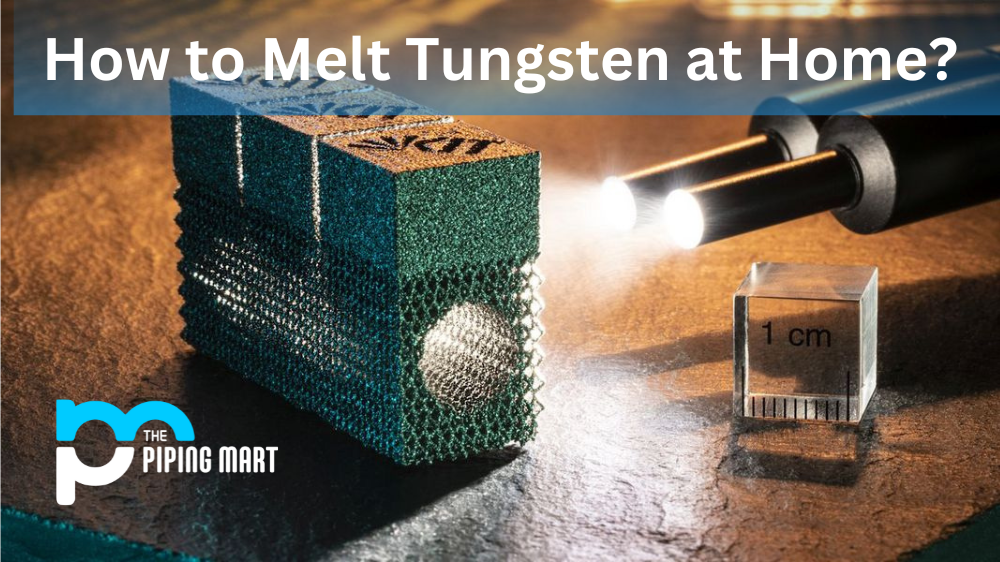When it comes to metals, there is more than meets the eye. Many people may think all metals are the same—but they would be wrong. There are many different types of metal with various properties and uses. Today, we will discuss two closely related metals: silicon, bronze, and copper. Read on to learn more about what makes these two materials unique and how they compare.
What is Silicon Bronze?
Silicon bronze is an alloy composed of 95% copper, 4% silicon, and 1% manganese. This alloy is often used for applications requiring strength or corrosion resistance, such as marine hardware, electrical connectors, fasteners, valves, and piping components. It is also popular in jewelry-making due to its attractive golden color. Silicon bronze has a higher tensile strength than pure copper (60 KSI vs. 40 KSI) but can still be worked by hand or with simple tools like saws or drills. It also has excellent ductility, which means it can be bent without breaking or cracking.
What is Copper?
Copper is a reddish-orange metal used for various purposes, including tools, coins, jewelry making, and plumbing fixtures. Copper has excellent thermal conductivity, which makes it ideal for heat exchangers and cooling systems; it also has good electrical conductivity, which makes it useful in electrical wiring applications such as circuit boards and electronic components. Copper also has excellent corrosion resistance when exposed to air or water (up to approximately 0.5–1% oxygen). In addition, it can be easily worked by hand or machine into complex shapes, making it suitable for many industrial applications, including plumbing fittings, valves, and pumps, as well as decorative pieces such as sculptures and artworks.
Comparing Silicon Bronze and Copper
Silicon Bronze
Silicon bronze is an alloy that contains copper, silicon, and other elements. It is typically used in applications where strength and resistance to corrosion are essential.
Copper
Copper is a pure metal that has been used for thousands of years. It is prized for its electrical conductivity and resistance to corrosion.
Properties
Both silicon bronze and copper have excellent electrical conductivity and resistance to corrosion. However, silicon bronze is stronger than copper, making it the better choice for applications where strength is essential.
Uses
Silicon bronze is commonly used in marine applications due to its excellent corrosion resistance. Copper is often used in electrical applications due to its excellent conductivity.
Cost
Silicon bronze is typically more expensive than copper due to its superior properties. However, the price difference between the two materials can vary depending on the specific alloy composition and market conditions.
Availability
Both silicon bronze and copper are widely available from metal suppliers.
Conclusion:
When comparing silicon bronze vs. copper, it’s important to consider the differences between these metals when deciding which one best suits your application needs. Both have excellent corrosion resistance, but silicon bronze offers greater strength. In contrast, copper provides better thermal conductivity and electrical conductivity properties, so depending on your project, you may choose one over the other accordingly. Ultimately both are great options for many projects, but you should always research before selecting either material!

A passionate metal industry expert and blogger. With over 5 years of experience in the field, Palak brings a wealth of knowledge and insight to her writing. Whether discussing the latest trends in the metal industry or sharing tips, she is dedicated to helping others succeed in the metal industry.


